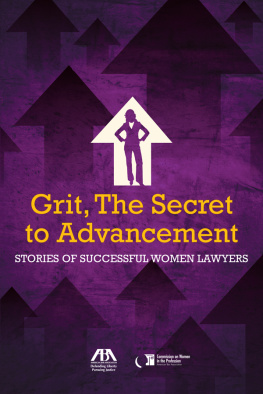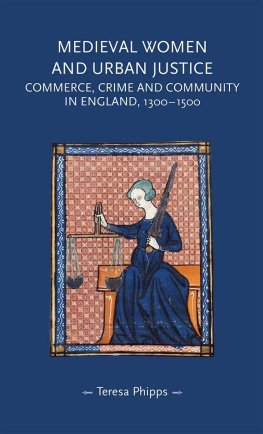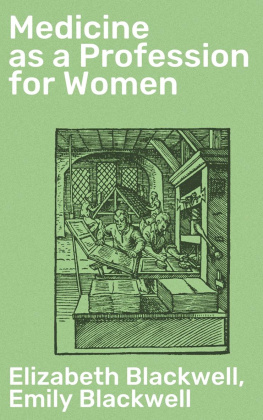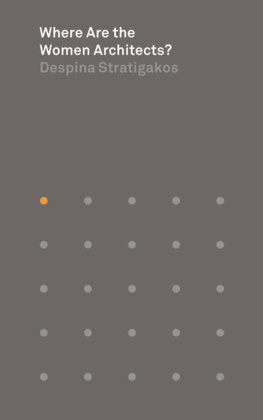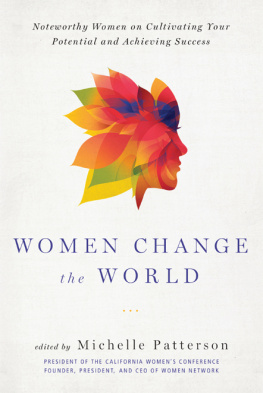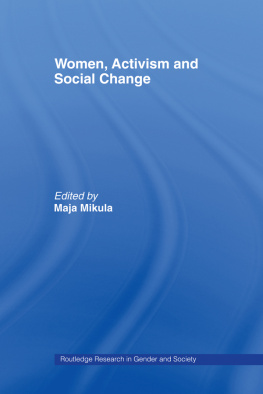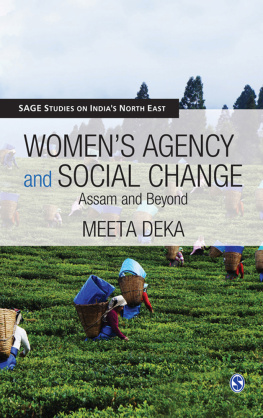JOURNALS REFERENCED
The Advocate
Alberta Law Review (Alta. L. Rev.)
American Journal of Comparative Law (Am. J. Comp. L.)
American Society International Law Review (Am. Soc. Intl L. Rev.)
American Sociological Review (Am. Sociological Rev.)
American Journal of Gender & the Law (Am. U.J. Gender & Law)
Applied Economics
Arizona Law Review (Arizona L. Rev.)
Atlantis
Australian Feminist Law Journal (Aust. Fem. L.J.)
Australian Feminist Studies (Aust. Fem Stud.)
Berkeley Journal of Employment & Labour Law (Berkeley J. Emp. & Lab. L.)
Berkeley Womens Law Journal (Berkeley Womens L.J.)
British Journal of Sociology (British J. Soc. British J. Soc.
B.U. L. Rev.
Canadian Bar Review (Can. Bar Rev.)
Canadian Jouranl of Law & Jurisprudence (Can. J. Law & Jur.)
Canadian Journal of Sociology (Can. J. Sociology)
Canadian Public Policy
Canadian Review of Sociology & Anthropology (Can. Rev. Soc. & Anth.)
Canadian Woman Studies (Can. Woman Stud.)
Capital University Law Review (Capital U.L. Rev.)
Chicano-Latino Law Review (Chicano-Latino L. Rev.)
Chicago-Kent Law Review (Chi.-Kent L. Rev.)
Canadian Journal of Criminology & Criminal Justice (C.J.C.C.J.)
C.J.L.S.
Canadian Journal of Women & the Law (C.J.W.L.)
Cleveland State Law Review (Clev. St. L. Rev.)
Clinical Law Review (Clinical L. Rev.)
Constitutional Commentary (Const. Commentary)
Const. Forum Const.
Criminal Law Quarterly (Crim. L.Q.)
Crim. L.J.
Daedalus
Dalhousie Law Journal (Dal. L.J.)
Duke Journal of Gender Law & Policy (Duke J. Gender L. & Poly)
Duke Law Journal (Duke L.J.)
Employee Rights & Employment Policy Journal (Employee Rts. & Employment Poly J.)
European Sociological Review (European Sociological Rev.) Feminist Legal Studies (Fem. Legal Stud.)
Fordham Law Review (Fordham L. Rev.)
Gender & Society (Gender & Socy)
Gender Issues
Gender, Work & Organization
Georgetown Law Journal (Geo. L.J.)
Georgetown Journal of Legal Ethics (Geo. J. Legal Ethics)
Griffith Law Review (Griffith L. Rev.)
Harvard BlackLetter Law Journal (Harv. BlackLetter L.J.)
Harvard Civil Rights-Civil Liberties Law Review (Harv. C.R.-C.L. L. Rev.)
Harvard Womens Law Journal (Harv. Womens L.J.)
Hastings Law Journal (Hastings L.J.)
Industrial & Labor Relations Review (Indus. & Lab. Rel. Rev.)
International Journal of the Legal Profession (Int. J. Legal Prof.)
Journal of Law & Social Policy (J.L. & Soc. Poly)
Journal of Law & Society (J.L. & Socy)
Journal of Legal Education (J. Legal Educ.)
Law & Society Review (Law & Socy Rev.)
LHarmattan, Cahiers du genre
Law Societys Gazette & Guardian Gazette (L. Socy Gaz. & Guardian Gaz.)
Legal Education Review (Leg. Ed. Rev.)
Maine Law Review (Me. L. Rev.)
McGill Law Journal (McGill L.J.)
Michigan Law Review (Mich. L. Rev.)
National Black Law Journal (Natl Black L.J.)
New York University Law Review (N.Y.U. L. Rev.)
North Carolina Law Review (N.C.L. Rev.)
Osgoode Hall Law Journal (Osgoode Hall. L.J.)
Queens Law Journal (Queens L.J.)
Stanford Law Review (Stan. L. Rev.)
Sydney Law Review (Sydney L. Rev.)
UCLA Womens Law Journal (UCLA Womens L.J.)
University of British Columbia Law Review (U.B.C. L. Rev.)
University of California at Davis Law Review (U.C. Davis L. Rev.)
University of Illinois Law Review (U. Ill. L. Rev.)
University of Kansas Law Review (U. Kan. L. Rev.)
University of Miami Law Review (U. Miami L. Rev.)
University of Michigan Journal of Law Reform (U. Mich. J.L. Reform)
University of Pennsylvania Law Review (U. Pa. L. Rev.)
University of San Francisco Law Review (U.S.F. L. Rev.)
Virginia Law Review (Va. L. Rev.)
Western New England Law Review (W. New Eng. L. Rev.)
William & Mary Journal of Women & the Law (Wm. & Mary J. Women & L.)
Windsor Yearbook of Access to Justice (Windsor Y.B. Access Just.)
Womens Studies International Forum (Womens Stud. Int. Forum)
Work & Occupations Yale Law Journal (Yale L.J.)
Yale Journal of Law & Feminism (Yale J.L. & Feminism)
CASELAW REPORTERS / STATUTES
Canada Federal Court Reports (F.C.)
Labour Arbitration Cases (L.A.C.)
Ontario Reports (O.R.)
Statutes of Canada (S.C.)
Canada Supreme Court Reports (S.C.R.)
CHAPTER 1
INTRODUCTION
Sheila McIntyre
In 1993, the Canadian Bar Association [CBA]
The conference Re-Imagining Touchstones: The Wilson Report Ten Years on and Counting; Re-Visiting the Issues and Re-Thinking the Questions/Repenser Les Assises de la rforme: retour sur les questions souleves une dcennie et plus aprs le rapport Wilson, was designed to reassess not only the status of women within the profession but also the experience of women who engage, by choice or by compulsion, with the legal system. Twenty-nine women, among them community activists, academics, practitioners, law students, women litigants, and law society benchers and staff offered their perspectives on the context in which egalitarian change is occurring and impeded, and on the very mixed results of womens efforts to secure such change from inside and outside the legal system. Twenty-four of those conference participants are represented in this collection. Some 150 people, primarily women from an equally diverse range of constituencies, attended the conference.
This book attempts to capture the range of voices and perspectives on womens engagements with law, in pursuit of equality, of those who gathered one day in Ottawa in March 2004.embrace an understanding of lawyering as a public service, an enabling profession. Feminist activists working outside of the profession call upon women lawyers for feminist practices, accountability, and power-sharing to empower individual women and frontline womens groups in our common project of securing substantive equality for all women. Hence this books title, Calling for Change: Women, Law, and the Legal Profession.
Some of this books chapters offer the immediacy of the authors original delivery; other chapters are conventional scholarly works that were presented in highly abbreviated form at the conference. Some have the familiar streamlined character of an executive summary or legal memo; others risk painful and critical reflections on the experience of the conference as an instance of growing inequalities among women in relation to law and in society. We have made no attempt to render the texts uniform, preferring to allow the diversity of these texts to underline the diversity of women engaging law and the range of their experiences when doing so.
We cannot claim, however, that either the conference or this text is fully representative of the diversity of women engaging the legal system. Ultimately, conference organizers bear responsibility for the voices and issues that were not heard at the event or expressed in this collection. Our efforts to focus the conference beyond the equality struggles and successes of privileged professional women and our active recruiting of non-lawyers, of racialized, Aboriginal, lesbian, disabled, and working-class women revealed that legal activists in and outside the profession and members of under-represented groups within the profession, many of whom are young mothers, remain thin on the ground ten years after Touchstones. They are also overextended precisely because the achievement of diversity in initiatives like this conference increases the already unacceptable emotional, social, familial, and professional burdens on such individuals. We are grateful to those who chose to fit contributing to this conference and this book into their crowded schedules.


